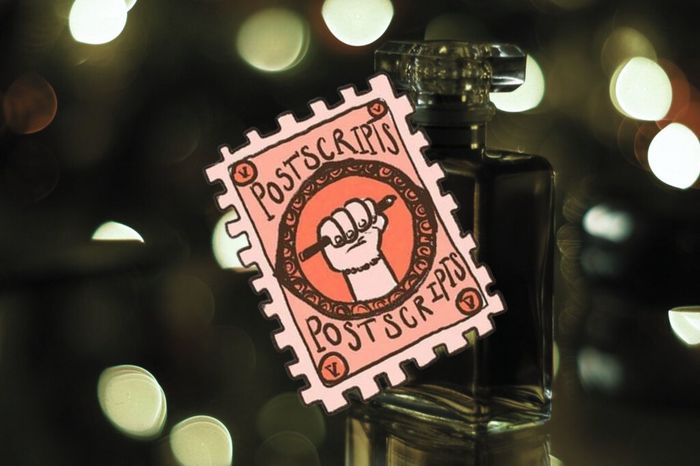Intermezzo review: Sally Rooney goes for broke
The Irish author makes some risky moves in a bid to move on from her previous successes, but they pay off, writes Esther Knowles

In chess, the word “intermezzo” refers to an unexpected move that poses a serious threat and provokes an immediate response. It is a fitting title for Sally Rooney’s new novel, which follows the story of Ivan, a 22-year-old competitive chess player, and his 32-year-old brother Peter, as they are forced to address the rifts of their past in the aftermath of their father’s death. Besides its metaphorical significance for the plot, the novel’s title is apt for another reason; it is indicative of Rooney’s own situation, where she both plays and must respond to an unexpected move. In the wake of the unscalable popularity of her first two novels, Conversations with Friends and Normal People, both of which made on-screen debuts for BBC Three and Hulu, Rooney was left battling with the trappings of commercial success. She turned down offers to televise her third novel, Beautiful World Where Are You, claiming she wanted to “let the book be its own thing for a while,” but I don’t think her intermezzo was really played until the publication of this new novel.
“Rooney refuses to simply recreate her past successes”
Intermezzo is for Sally Rooney what Folklore was for Taylor Swift. The two women have fans in common, so perhaps the success of their experimentation should be credited to the loyalty of their followers. Rooney tactfully steers herself away from safety by refusing to simply recreate her past successes. Her writing style has altered, dipping in and out of a sophisticated stream of consciousness prose that leaves the impression of thoughts tripping over themselves, struggling for coherence despite conveying exactly what they need to. She does all this, while, rather impossibly, maintaining everything that is quintessentially Rooney. Literary references, confused intellectuals living in Ireland and, of course, plenty of vivid sex scenes. Come to think of it, returning to Rooney after three years with Intermezzo, it’s as if I am arriving back at a favourite cafe, opening the door to a gush of warm familiar smells and faces before realising that all the tables and chairs have been moved around. And, guess what, I actually like the new set up.
But Intermezzo is far more than an attempt to break free from Rooney’s typecast: simplified prose detailing the lives of writers not too unlike their author. By creating rich multidimensional characters who simultaneously inflict and suffer the judgement of others, Rooney highlights the gap between perception and reality in human relationships. Peter is a successful lawyer who, in the eyes of his younger brother, holds his achievements over his family’s head while looking down on anyone whose opinions differ from his own. From Peter’s perspective, Ivan is a politically incorrect, socially awkward chess nerd who struggles to engage in meaningful interactions outside the world of board games.
“The novel shows that learning to understand others is often the key to understanding yourself”
But the two brothers’ situations are more similar than they superficially appear to be. With their father gone, they must process their grief while navigating the difficulties of unconventional romantic relationships. While Ivan becomes involved with an older woman who struggles to come to terms with their age gap, Peter balances his affections for two women — a young college student who depends on his financial help and his first love whose tragic accident prevents her from having sex with him. The book traces their journey towards forgiveness and empathy, showing how learning to understand others is often the key to understanding yourself. It’s certainly worth reading, whether you want a book that will make you laugh, cry or even look at the people in your life from an entirely new perspective.
Aside from its chess significance, the word “intermezzo” also refers to a composition which fits between the major sections of an extended piece of musical or dramatic work. If we take Rooney’s first three novels as belonging to one section of her writing career, with her new book acting as a transition to a new era of experimentation, it begs us to ask: what is next for Rooney? I personally expect something crazy — whether that’s science fiction, horror or, to be completely radical, a novel that’s set outside of Ireland. I guess we’ll have to wait and see which move she plays.
 News / Clare Hall spent over £500k opposing busway 24 December 2025
News / Clare Hall spent over £500k opposing busway 24 December 2025 Comment / The ‘class’ of Cambridge24 December 2025
Comment / The ‘class’ of Cambridge24 December 2025 News / Caius mourns its tree-mendous loss23 December 2025
News / Caius mourns its tree-mendous loss23 December 2025 Comment / League tables do more harm than good26 December 2025
Comment / League tables do more harm than good26 December 2025 News / Girton JCR publishes open letter expressing solidarity with Palestine25 December 2025
News / Girton JCR publishes open letter expressing solidarity with Palestine25 December 2025









